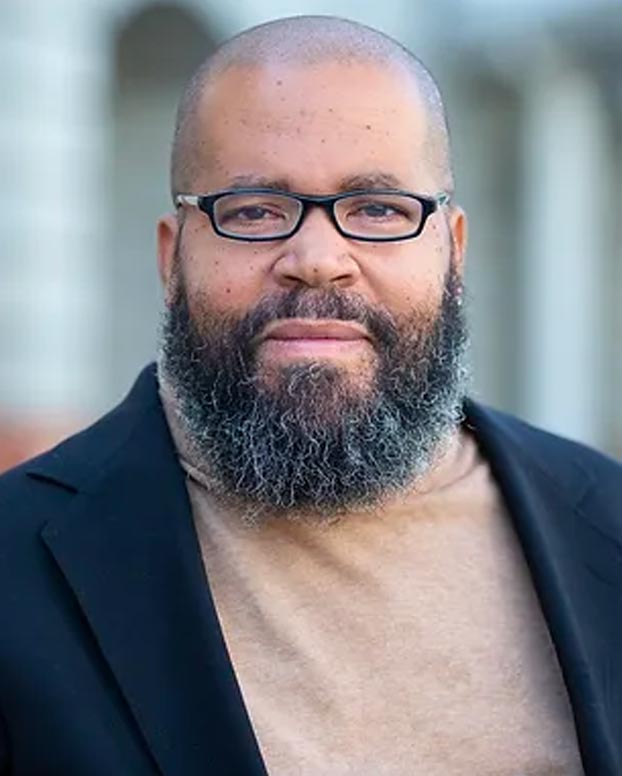Our Early Intervention Staff Are Here to Support You
January 20, 2022

The five-month-old baby boy was adorable, smiling at his parents as he pulled a toy to his mouth. The sweet scene stood in contrast to Carson’s rough entry into the world, when he needed heart surgery at just a week old.
On this January morning, as his parents coaxed Carson and responded to questions, Rocky Mountain Human Services’ Early Intervention professionals were evaluating the child’s speech, movement, cognitive skills, social-emotional development, growth and nutrition.
The goal was to work in partnership with Carson’s parents to figure out whether and where he was behind in his development, if his delays qualified him for services, and how to get him the therapies and supports he needs.
It was an emotional moment for this family as they learned that Carson, whose name we’ve changed to protect the family’s privacy, indeed had some significant delays. And it was also an empowering moment as his parents learned that they were in the driver’s seat in choosing what kinds of services and supports their child would receive.
Carson’s parents, who graciously agreed to allow us to write about their evaluation, had kind words for the RMHS Early Intervention team members who spent close to 90 minutes asking questions and observing Carson’s movements and reactions.
“It’s obviously hard,” said Carson’s mother. “We really appreciate all of you.”
RMHS is a leader in Early Intervention, work that we’ve engaged in since 1985. We conduct about 1,650 evaluations a year. Early Intervention is supported by state and federal funding, and serves children ages birth to three who need help in reaching developmental milestones. And our team members are there for parents, too.
“His little body has gone through a lot and so have you,” RMHS Service Coordinator Laura Sciarcon told Carson’s parents. “You’re in Early Intervention. You’re doing the right thing.”
The evaluation that Carson and his family went through is a crucial first step toward getting services – at no out-of-pocket cost to the family – intended to help children catch up to their peers.
Carson’s evaluation took place via telemedicine, as Carson and his family sat on the carpeted floor of the baby’s bedroom, surrounded by his toys and baby gear. Carson’s doctor at Children’s Hospital Colorado had referred the family to Early Intervention, but anyone can refer a child for evaluation.
Methodically, our Early Intervention professionals asked Carson’s parents about the baby’s weight and nutrition – he had been struggling with significant vomiting – and the medications the child was taking. They also asked Carson’s parents to see if the baby would take a teething toy and put it in his mouth, which he hadn’t done previously.
“Oh my gosh!” his mom exclaimed when Carson performed the task. “Mommy’s so proud of you!”
As the evaluation proceeded, our Early Intervention professionals observed and coached, noting the many positive ways in which Carson’s parents were supporting their child’s development.
Speech therapist Karma Ansbacher gave feedback on the way in which Carson’s mother spoke to her infant and said: “That’s perfect! Talking and pausing and letting him have a turn and speaking in that high-pitched voice. Perfect.”
They asked whether he likes baths. How he wakes up from a nap – fussy or happy? If he’s sleeping through the night. How he reacts when he hears a loud noise. Whether he recognizes strangers.
All of that information and much more went into an evaluation and a scoring matrix that was shared with the parents immediately, letting them know that Carson qualified for services based on the delays that had been observed. Carson’s parents also got immediate advice as to how they could support their child as they awaited the next step.
For Carson, the next step is the creation of an Individual Family Service Plan, or an IFSP, which is a specialized plan created with the family’s input and goals top of mind. Service providers will work with Carson and his family to help him develop skills and work toward catching up with his peers. Our EI team is dedicated to partnering with parents for the best outcomes possible. We can’t guarantee what those will be, but our hope is to do everything possible to make the experience less stressful for families by understanding respecting each person’s unique experience and exploring options together.
“I feel like you are doing a lot of great things already,” said occupational therapist Erica Bauer.
“He’s in super early,” said Karma, the speech therapist. “EI really helps kids catch up.”








